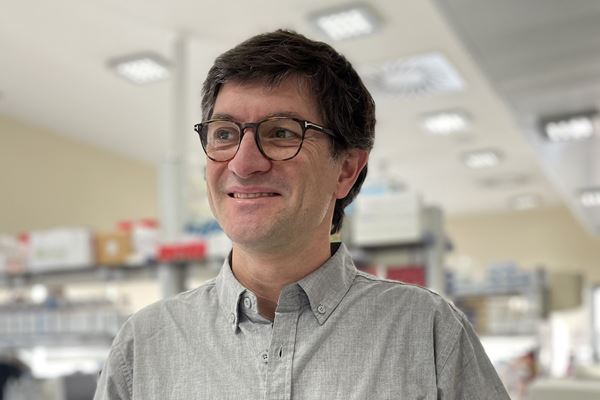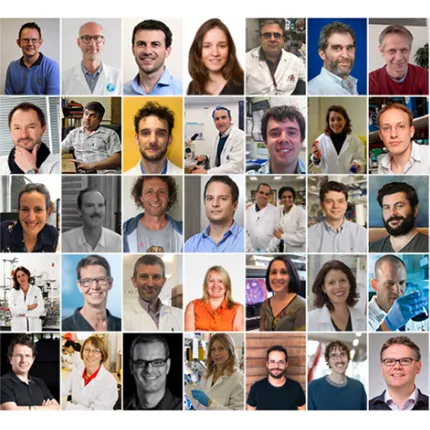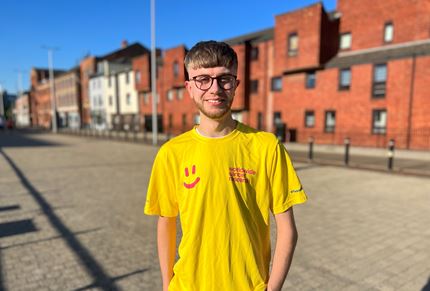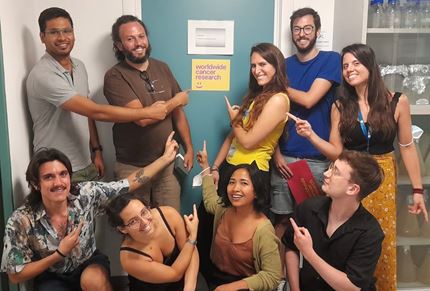Growing mini tumours in the lab to understand hepatoblastoma
Project aim
Dr Sancho-Bru and his team are studying hepatoblastoma, the most common type of liver cancer diagnosed in children, by growing mini tumours in the lab. He hopes this will reveal new ways to treat this devastating disease.
Hope for the future
Hepatoblastoma is the most common type of liver cancer diagnosed in children. Sadly, there are few options for treatment where tumours are more aggressive. More research is needed to understand how this devastating type of cancer works so we can find new cures.
Dr Pau Sancho-Bru and his team have been studying which genes are expressed in hepatoblastoma, in the hope of uncovering more about it. He now plans to study how different cells in the tumour are involved in how it grows and spreads, to find ways to interrupt those processes. Dr Sancho-Bru hopes this will lead to vital new cures for childhood hepatoblastoma.


Meet the scientist
What motivates you to get to the lab bench every morning?
"There are not many things as rewarding as making new findings and understanding how nature works. My motivation is based on curiosity, to solve challenges and to understand disease, and on the ambition to be useful for society, and that our research helps to advance science and medicine."
The science
Dr Armengol, a team member in this project, previously studied a group of 113 hepatoblastoma patients who showed changes in the way a region of their DNA, called 14q32, is expressed (how it functions). In this new project, funded by Worldwide Cancer Research, Dr Sancho-Bru wants to understand the role of two specific genes within this region that seem to be linked to the activity of certain cells found in hepatoblastoma as well as patient outcomes.
They believe that these genes may help the progression of hepatoblastoma by reprogramming cells, making them grow more easily and avoid treatment from some pharmaceutical drugs. The team plan to study these cells carefully, especially some ‘immature’ cells and stem cells they’ve found that could be causing a problem.
To do this, Dr Sancho-Bru will grow mini versions of hepatoblastoma tumours, called ‘organoids’, made using samples from patients, to better replicate how the cancer behaves and help translate their findings into clinically-effective treatments.
We are all concerned about cancer and we all know people suffering from it. I believe the general public knows how difficult is to treat cancer and how much is still unknown, especially for rare cancers. For these reasons the public ask scientists to explore new endeavours to better understand the disease and to explore new approaches to treat the patients and improve their live.Dr Sancho-Bru
Become a Curestarter and help us fund the next pioneering research project.
Our research projects wouldn’t be possible without the funds we receive from people like you. £37 pays for an hour of research and every hour brings us closer to new cures
Support us




